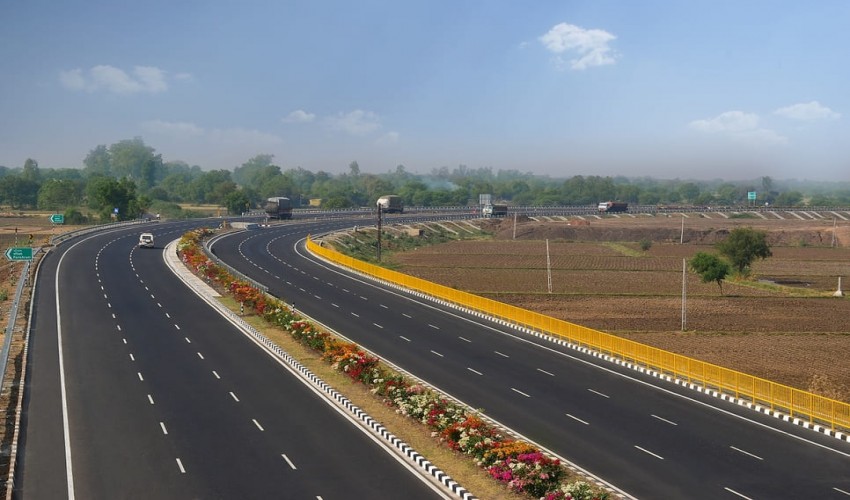
Highway Engineering
Highway engineering is an engineering discipline branching
from civil engineering that involves the planning, design, construction,
operation, and maintenance of roads, bridges, and tunnels to ensure safe and
effective transportation of people and goods. Highway engineering became
prominent towards the latter half of the 20th Century after World War II.
Standards of highway engineering are continuously being improved. Highway
engineers must take into account future traffic flows, design of highway
intersections/interchanges, geometric alignment and design, highway pavement materials
and design, structural design of pavement thickness, and pavement maintenance.
Highway planning involves the estimation of current and
future traffic volumes on a road network. The Highway planning is also a basic
need for the Highway development. Highway engineers strive to predict and
analyze all possible civil impacts of highway systems. Some considerations are
the adverse effects on the environment, such as noise pollution, air pollution,
water pollution, and other ecological impacts.
The most appropriate location, alignment, and shape of a
highway are selected during the design stage. Highway design involves the
consideration of three major factors (human, vehicular, and roadway) and how
these factors interact to provide a safe highway. Human factors include
reaction time for braking and steering, visual acuity for traffic signs and
signals, and car-following behaviour. Vehicle considerations include vehicle
size and dynamics that are essential for determining lane width and maximum
slopes, and for the selection of design vehicles. Highway engineers design road
geometry to ensure stability of vehicles when negotiating curves and grades and
to provide adequate sight distances for undertaking passing maneuvers along
curves on two-lane, two-way roads.
Highway construction is generally preceded by detailed
surveys and subgrade preparation.[3] The methods and technology for
constructing highways has evolved over time and become increasingly
sophisticated. This advancement in technology has raised the level of skill
sets required to manage highway construction projects. This skill varies from
project to project, depending on factors such as the project's complexity and
nature, the contrasts between new construction and reconstruction, and
differences between urban region and rural region projects.
- Pavement Materials
- Pavement Analysis and Design
- Traffic Engineering
- Highway Planning and Economics
- Soil Mechanics for Highway Engineers
- Transportation Planning
- Highway Geometric Design
- Pavement Evaluation
- Highway Construction
- Advanced Traffic Engineering
- Pavement Management System
- Special Problems in Highway Engineering
- Airport Planning and Design
- Planning and Design of Flyovers and Bridge Structures
- Rural Roads
- traffic Safety and Management
- Road Construction Planning and Project Management
- GIS Application In Transportation Engineering
- Hill and Rural Road Planning and Construction
- Environmental Impact Assessment For Transportation Projects
- Accident Analysis and Safety Audit
- Advance Modeling Techniques in Highway Engineering
- Intelligent Transportation System
- Ground Improvements Technique
- Land use and Transportation Engineering
- Automobile Pollution Control
- Concrete Technology
Recent Published
Submit Manuscript
To give your manuscript the best chance of publication, follow these policies and formatting guidelines.


